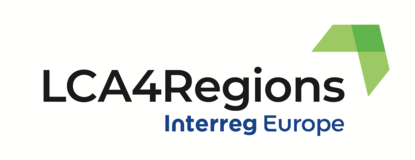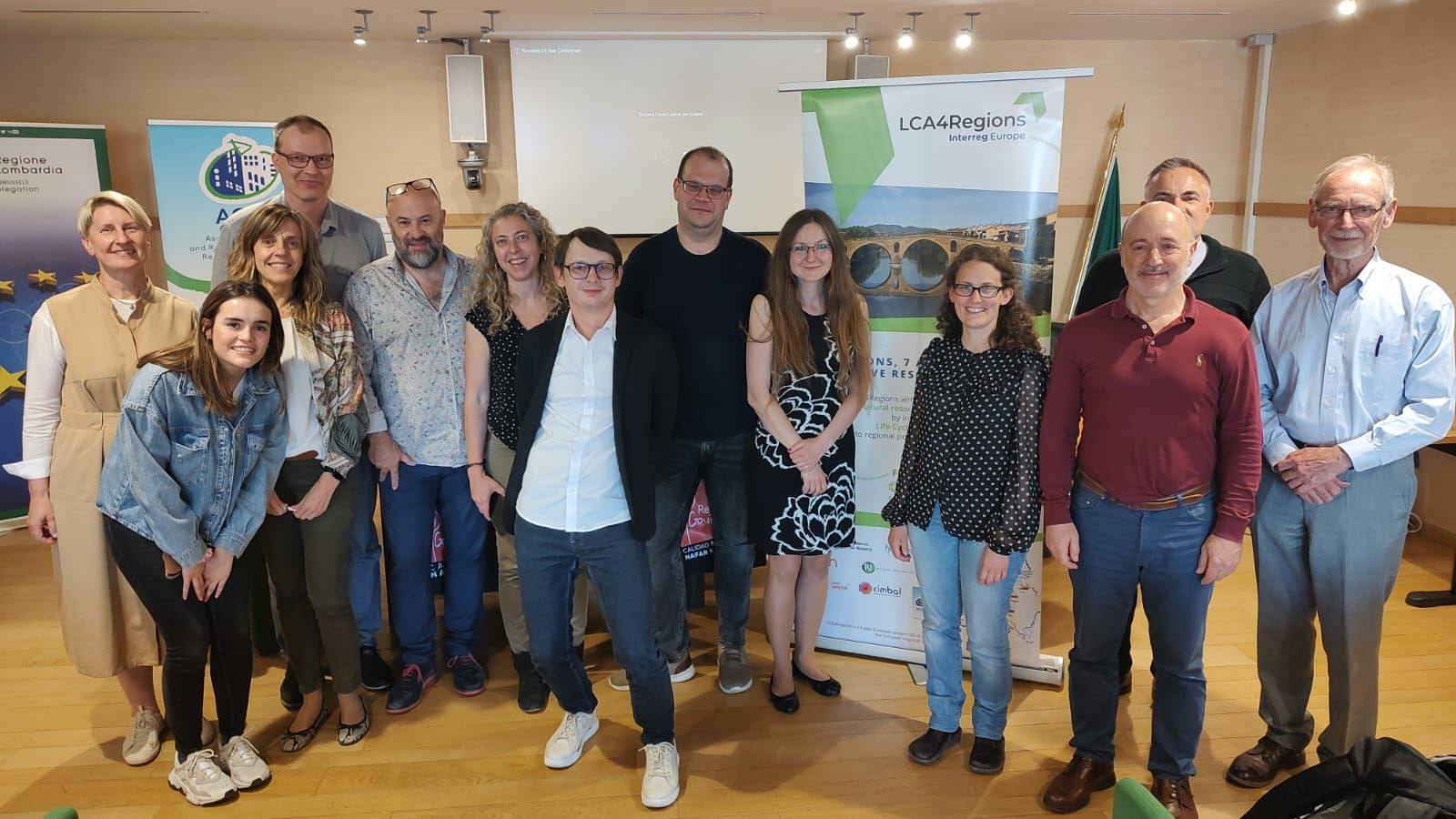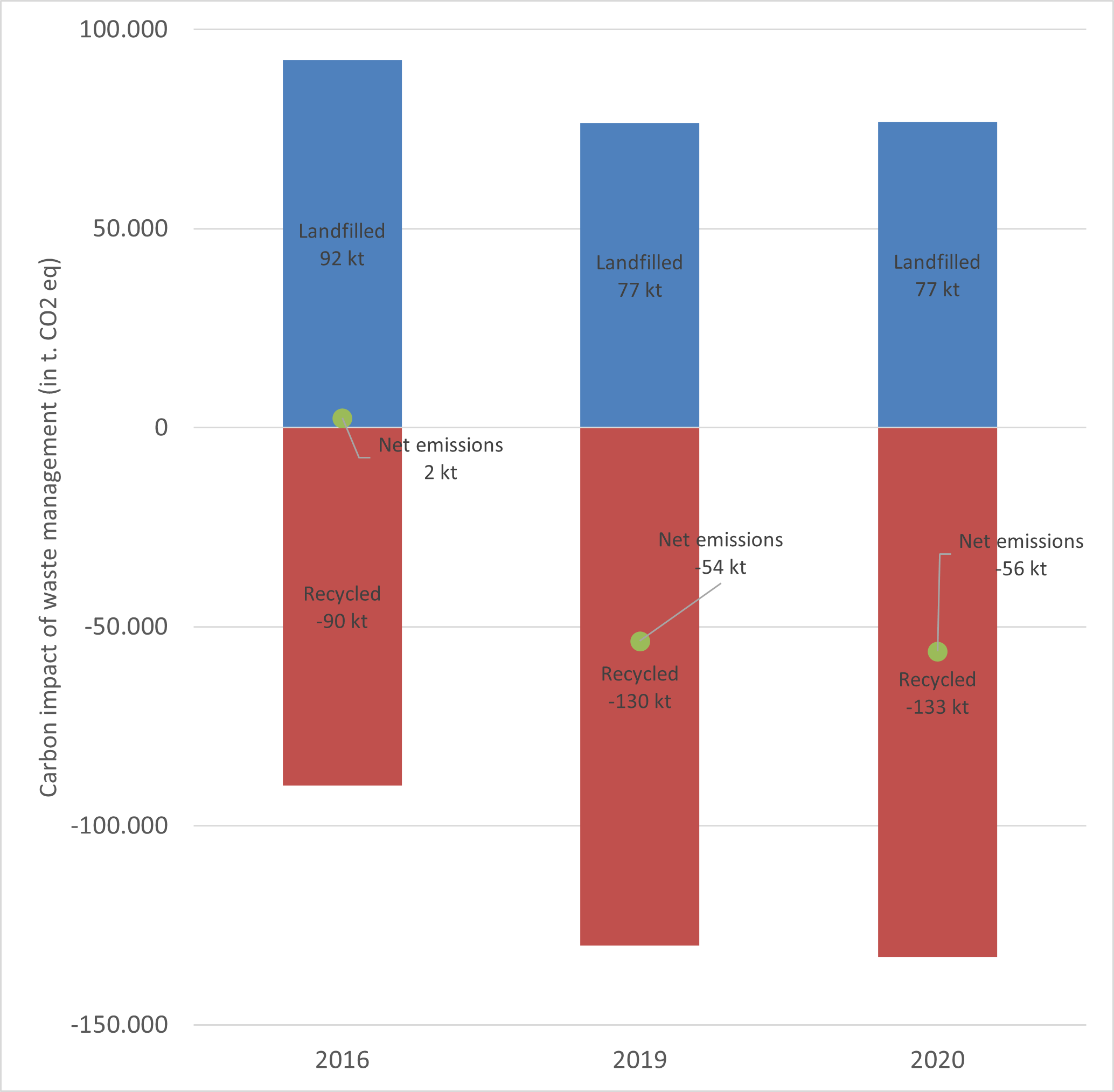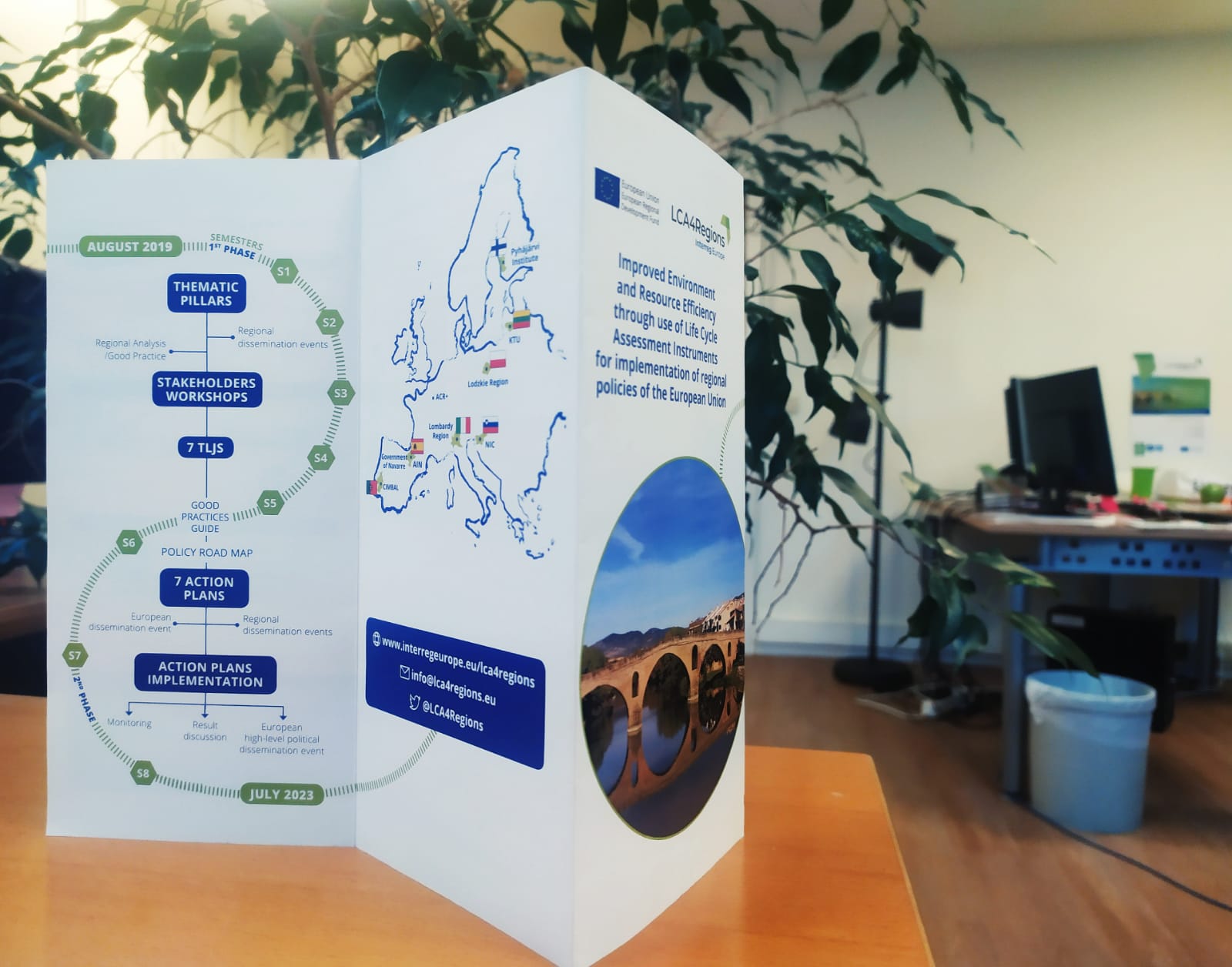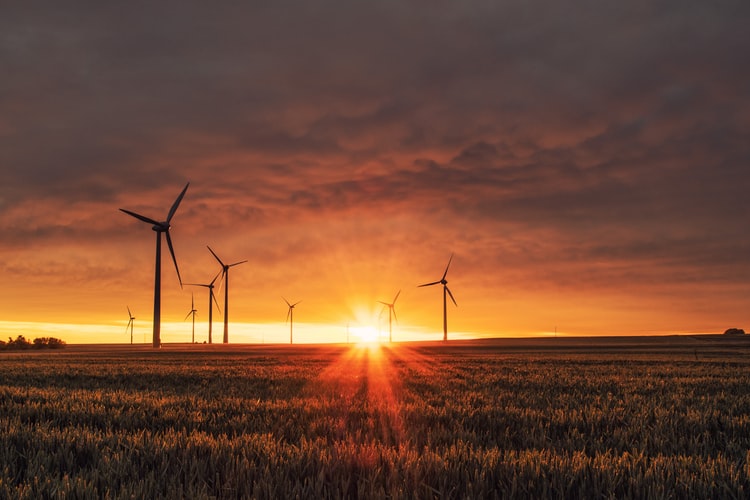Partners collected the first series of good practices focused on one of the thematic pillars: LCA for resource-efficiency. The second Transnational Learning Journey was the occasion for partners and stakeholders to learn from practical examples of the application of life cycle methods for the optimisation of resources. The consortium identified seven good practices from which we hope regional decision-makers can find inspiration and take action for future regional action plans.
What do we mean by good practices?
The good practices are at the core of this project and the Interreg Europe program. They are initiatives on the program topic “environment and resource-efficiency” developed by regions within the scope of the project (the application of life cycle methods). Good practices are concrete examples that give proven successful tangible results, and, in particular, they have a potential for learning and inspiration.
What can others learn from them?
The good practices to be defined as such must have the potential to be replicated in other regions, making clear learning points and challenges. For others to learn from them, they need to have an objective and a clear purpose, include the use life cycle methodologies, consider what recall spill-over impacts in the life chain, and show measurable outcomes.
Outcomes for LCA4Regions good practices
Among the regional LCA4Regions good practices, there is evidence of increased consciousness of life cycle issues as well as the use of standardised methodologies. The most used assessment instrument results to be Life Cycle Assessment (LCA), while the most common management tool is the Environmental Product Declaration (EPD). LCA/LCM are used both by public sector and by industries.
Currently LCA4Regions good practices include:
- Satakunta region (Finland): Recycled soil material project in Ankkapuisto park, Vantaa – RAMBOLL Finland, a pilot project with recycled soil materials, where financial and climatic impacts were analyzed with cost and emission calculations. The utilization of recycled soil materials resulted in the emission reduction of 23,000 kg CO2 and in a cost saving of 56,000 €.
- Lithuania: Substitution of Hazardous substances in process industry using results of Life Cycle Assessment (LCA), a case study to assess the difference in life cycle environmental impacts by comparing two thinners that are used in a two-component shop primer as part of a coating system intended for priming of metal sheets.
- Navarre (Spain) “Mancomunidad de la comarca de Pamplona – Carbon footprint strategy” Since 2014, the Commonwealth of the Region of Pamplona annually performs a complete analysis of all its facilities and provided services in order to calculate the volume of greenhouse gas emissions generated each year by the provision of its services: integral water cycle, collection and treatment of urban waste, regional urban transport.
- Baixo Alentejo (Portugal) Awards- Mais Alqueva, mais Valor. These awards aim to recognize projects, that implement a set of good practices related to the efficient use of water, soil, biodiversity conservation, promotion, and dissemination of their business models, integrating the latest concepts of sustainable development.
- Lodzkie Region (Poland) “LCA in reducing CO2 emissions in the production of building components” – IZODOM. This good practice is about IZODOM, a polish producer of materials for building houses. The company commissioned an LCA analysis for its products. LCA analysis showed that a building made in IZODOM technology has lower CO2 emissions by up to 56% compared to a building made in the traditional technology.
- Slovenia: “Energy and resource efficiency in the hotel industry” when building a resort in Bohinj glacial valley and rural region, on the brink of Triglav National Park, it was crucial to take the environment into consideration, using life-cycle thinking. Constructing an ecological, energy-efficient Hotel was the best possible option for the area, foretelling future sustainable tourism development in Slovenia.
- Lombardy region (Italy) LEED: Leadership in Energy and Environmental Design, a voluntary scheme-protocol to get a certification for the development of sustainable-high performance buildings and areas.
Where is the potential to go further?
The showcased practices could maximize their impacts by building on regional strengths and opportunities, by looking at LCA as an investment in the future, and thinking of sustainability more widely, beyond GHG, energy, and buildings.
Browse the different Good Practices identified by LCA4Regions here (https://www.interregeurope.eu/lca4regions/good-practices/)
